Some public institutions say that media exaggerate in spreading that there is insecurity throughout the country, even corrupting their sources. Many observers find these accusations proof of the government’s malaise toward media.-By E.M translated by J.Berchmans Siboniyo
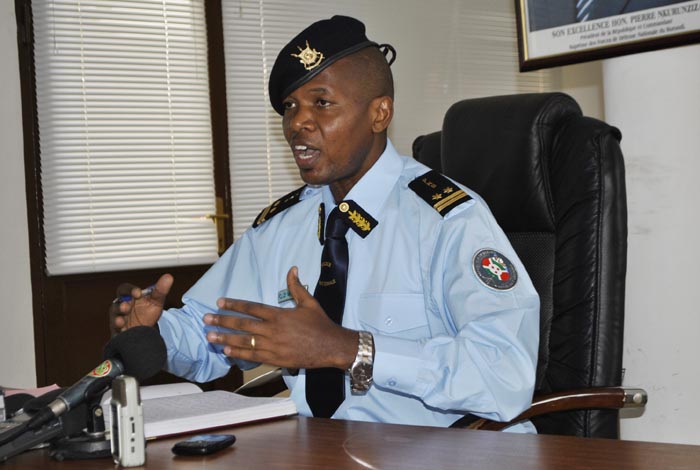
Gabriel Nizigama: “some journalists have wrong intentions and enjoy misinforming the population.” ©Iwacu
“The media aggravate insecurity.” This seems to be the reaction of public authorities these days when asked about recent violence in some corners of the country. In a recent meeting with foreign diplomats in Burundi, the 1st Vice-president pointed to the media. Prosper Bazombanza referred to the insecurity concerns that affect the diplomacy as well. He said that “some politicians, media and civil society organizations willingly exaggerate the situation”.
A few days earlier, in a meeting with religious leaders, the Minister of Home Affairs warned some media accusing them of exaggerating the information they spread, which results in the panic on the side of the population. Edouard Nduwimana focused particularly on security information. In its last session, the National Security Council accused some media of spreading false and unchecked information. The Council condemned “the acts of sabotage related to the manipulation and spreading of rumors with the perspective of generating fear and insecurity.”
Unproved accusations
Last week in Geneva, Augustin Nsanze who represented the Burundian government in the Committee Against Torture examination, didn’t hesitate to affirm that Burundian media are causing the delay of judicial procedures in the case of extra-judicial killings. According to the Principal Advisor of the President in Diplomatic Affairs, media don’t examine all the files and then spread versions that are contrary to the reality. Mr. Nsanze goes on saying that even Imbonerakure are demonized by the media.
That same week, the Minister of the Public Security affirmed that journalists “lie and exaggerate the information they diffuse about security.” Gabriel Nizigama gave the example of the Chief of Muyira, who “was bribed by a journalist to lie about the security situation in his zone.”. Mr. Nzigamana goes on saying that the journalist forced the chief to sign a document testifying the lie about the security situation. However, the minister could not show this document when asked of it two days later. Though some feel that the governments’ accusations portray its normal relationship with the media, it seems more like a sign of a hidden agenda.
>>>Reactions
Onésime Nduwimana, CNDD-FDD Spokesman: “The minister’s declarations concern the government”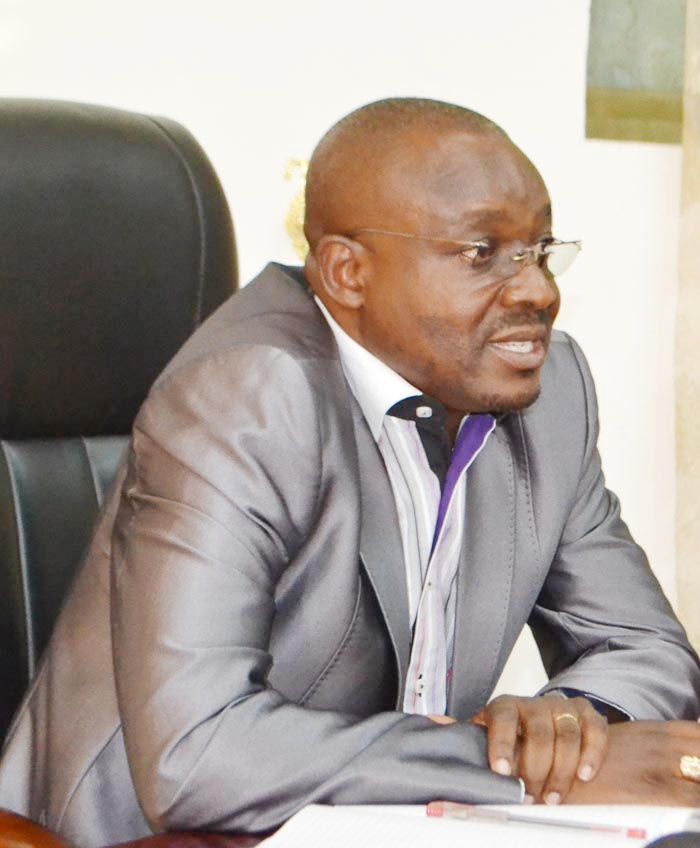 According to the CNDD-FDD party, ministers are responsible for their own statements. “The ministers and the government have information that the CNDD-FDD party does not. They have means to search for information and are responsible for what they say. We don’t have our own intelligence service”, says Onésime Nduwimana, the Spokesman of the ruling party. He adds that the minister’s declarations concern the government but not the CNDD-FDD.
According to the CNDD-FDD party, ministers are responsible for their own statements. “The ministers and the government have information that the CNDD-FDD party does not. They have means to search for information and are responsible for what they say. We don’t have our own intelligence service”, says Onésime Nduwimana, the Spokesman of the ruling party. He adds that the minister’s declarations concern the government but not the CNDD-FDD.
Jacques Bigirimana, from the FNL-faction recognized by the government: “Instead of blaming journalists, the authorities should investigate.”
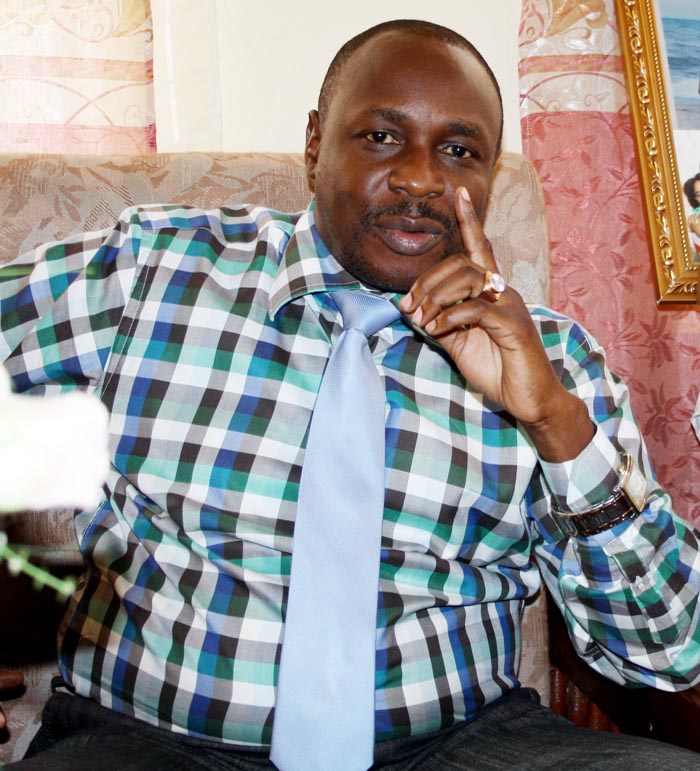 Jacques Bigirimana, the Chairman of FNL, calls for good collaboration between the government and the media. He acknowledges the importance of the media “who reveal the facts”. According to him, instead of blaming journalists, the authorities should approach their sources in order to find the truth and come up with solutions. “The government should collaborate with the media, to get reliable information and help solve problems.”
Jacques Bigirimana, the Chairman of FNL, calls for good collaboration between the government and the media. He acknowledges the importance of the media “who reveal the facts”. According to him, instead of blaming journalists, the authorities should approach their sources in order to find the truth and come up with solutions. “The government should collaborate with the media, to get reliable information and help solve problems.”
Léonce Ngendakumana (Adc Ikibiri): “Media reveal the truth.”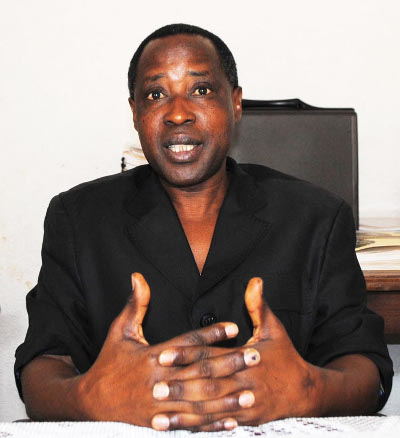
The president of Frodebu and Ikibiri sharply highlights that the government puts pressure on media because they are committed to informing the population about the country’s realities. “As public authorities commit many mistakes, it is common that they attack the media that expose them.” Léonce Ngendakumana mentions the rise in insecurity caused by Imbonerakure who returned from the DRC, which the government denies. “The truth is out there, that is the why there is animosity between the government and the media”, he states. Ngendakumana adds that even the random house searches are intended to distract the public opinion from the presence of Imbonerakure. “Public authorities cannot tolerate that the media publicize it, because they want the issue to remain secret”, the Adc Ikibiri Chairman concludes.
Charles Nditije, the Chairman of the Uprona-faction not recognized by the Home Affairs Ministry: “None can hide smoke when a house is burning”
With this Kirundi saying, Mr. Nditije states that when the population expresses and reveals the insecurity they are subject to, it is the media’s duty to give them a floor to express their concerns. “Unfortunately, they eventually become scapegoats because they spread information that those in power want to hide”, he says. According to Nditije, it is intolerable that a minister publicly declares that a journalist bribed a local authority member, without any proof. “Why are they so severe on people who do nothing else than reporting what the population says? Are they trying to please the authorities who are consciously lying?”, he wonders.
Post scriptum
Bwambarangwe commune, Kirundo province, May 14th, 2014, the Head of State: “…we are asked to severely punish people who sow misunderstanding among the populations by spreading rumors and inciting speeches. We proclaim ‘zero tolerance’ against any person, either physical or moral that is guilty of this inacceptable behavior.”
—————————————————————————————————————————————————–
Civil society and media denounce the strategy of diverting the people’s minds
Vital Nshimirimana, the General Delegate of FORSC judges it a strategy of the government to accuse the media of the prevailing insecurity throughout the country. “It is a strategy of intimidation. The public authorities want to keep the crimes they commit a secret. They don’t want the media to broadcast or share it with the public.” The strategy is, he says, the sign of weakness on the side of the government that can’t afford to explain or refute the information provided.
“When the power has no solutions, it turns to the searching scapegoats”, says Alexandre Niyungeko, the Chairman of Burundian Journalists’ Union (UBJ). He finds it contradictory that some authorities recognize violence in their declarations, but blame journalists who report it. “What do they really want? Who wants to see victims and keep silent? Who doesn’t want the population to be informed?”, he asks. Niyungeko is astonished by the enmity of the government against media that pushes a minister to publicly affirm facts that he cannot prove. “Instead of condemning media, the authorities should take the facts reported by journalists into consideration”, Niyungeko advises.
Possible consequences
The first consequence of the accusations toward media is to create tension between the media and public authorities. Others fear that some journalists might be victimized. Public authorities might turn to judicial and police institutions to persecute journalists and media. The second consequence is misinformation, thus reinforcing doubt and confusion within the population’s hearts that need clear, balanced and verified information. The other risk is that the population may focus on journalists, accusing them of violence and insecurity.

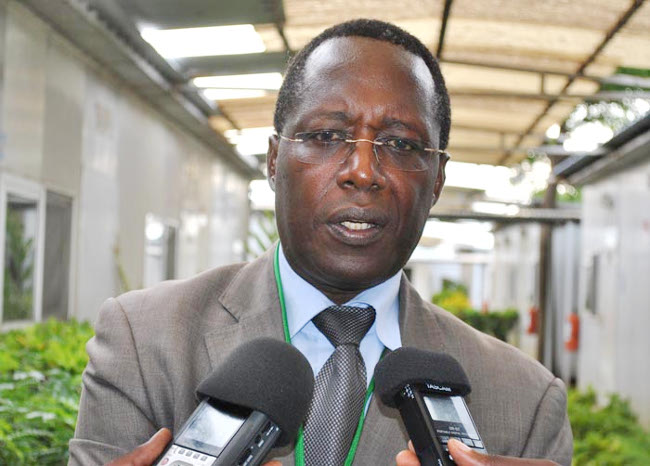
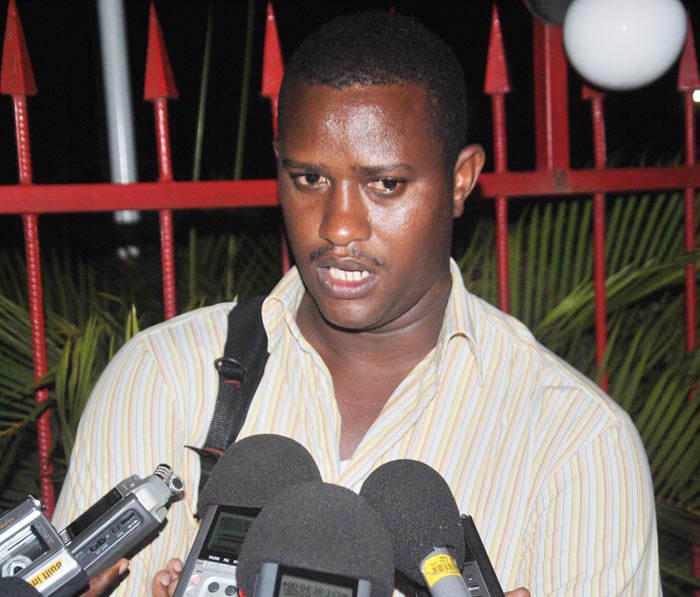
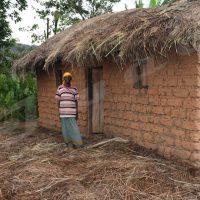
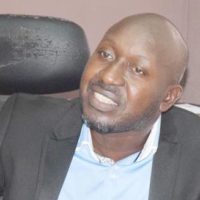
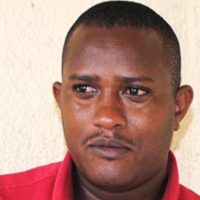
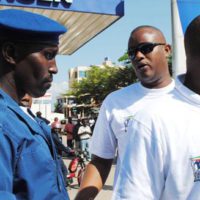













 IWACU Open Data
IWACU Open Data

